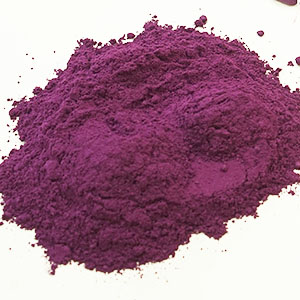Polymer supplements refer to additives or ingredients that are added to polymers (large molecules composed of repeating subunits) to enhance their properties or modify their behavior. There are several types of polymer supplements, each serving a specific purpose. Here are a few examples:
- Plasticizers: These supplements are added to polymers to improve their flexibility, durability, and processing characteristics. Plasticizers reduce the rigidity of the polymer chains, making the material more malleable and easier to shape.
- Stabilizers: Stabilizers are used to protect polymers from degradation caused by exposure to heat, light, or oxygen. They help prevent the material from discoloration, embrittlement, or loss of mechanical properties over time.
- Flame Retardants: These supplements are incorporated into polymers to increase their resistance to fire. Flame retardants release chemicals that inhibit or delay the ignition and spread of flames, making the polymer safer in applications where fire hazards are a concern.
- Fillers: Fillers are additives that are added to polymers to improve their strength, stiffness, or other mechanical properties. Examples of fillers include glass fibers, carbon fibers, and mineral powders. They enhance the overall performance and reduce costs by reducing the amount of polymer required.
- Colorants: Colorants are used to add color or pigmentation to polymers. They can be in the form of dyes or pigments and are added to enhance the aesthetic appeal or to differentiate products in various industries.
- Antioxidants: These supplements are added to polymers to prevent or minimize oxidative degradation. They scavenge free radicals that can lead to chain scission, discoloration, and loss of mechanical properties in the polymer.
- Lubricants: Lubricants are used to reduce friction and improve the processability of polymers during molding or extrusion. They enhance the flow of the material, reduce the energy required for processing, and prevent sticking or adhesion to machinery.





There are no reviews yet.